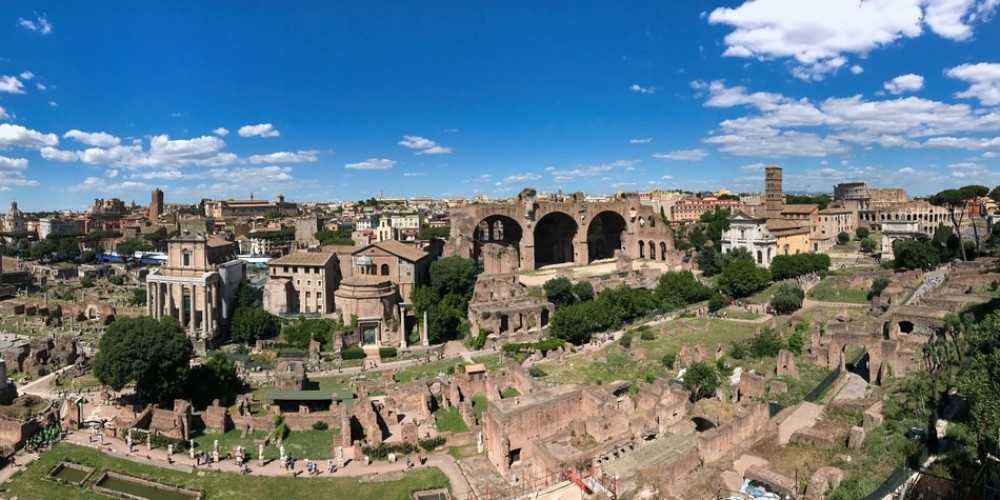The Roman Forum: A Glimpse into Ancient Rome
The Roman Forum, located in the heart of Rome, Italy, is one of the most significant archaeological sites in the world. It served as the political, religious, and social hub of ancient Rome. Today, it stands as a testament to the grandeur and complexity of Roman civilization, offering visitors a unique window into the past. Whether you’re a history enthusiast or a curious traveler, understanding the Roman Forum’s significance can enrich your visit and deepen your appreciation of ancient Roman culture.
Historical Significance
The Roman Forum was the epicenter of public life in ancient Rome. It was here that citizens gathered for political discussions, religious ceremonies, and social events. The Forum housed important government buildings, temples, and monuments, making it the focal point of Roman political power. Key structures included the Senate House (Curia), where the Roman Senate convened, and the Rostra, a platform for public speeches. The Forum also featured several temples, such as the Temple of Saturn and the Temple of Vesta, which played crucial roles in Roman religious practices.
The Forum’s layout evolved over centuries, reflecting the changing needs and priorities of Roman society. Initially a marketplace, it gradually transformed into a complex of grand buildings and open spaces. This evolution mirrors the growth of Rome from a small city-state to a vast empire. The Forum’s ruins today offer a glimpse into this dynamic history, showcasing the architectural and engineering prowess of the Romans.
Visiting the Roman Forum
For those planning a visit, the Roman Forum is conveniently located near other iconic sites, such as the Colosseum and Palatine Hill. A single ticket often grants access to all three attractions, making it easy to explore the area comprehensively. The best time to visit is early in the morning or late in the afternoon to avoid crowds and enjoy the site in a more relaxed atmosphere.
When exploring the Forum, comfortable walking shoes are essential, as the terrain is uneven and requires a fair amount of walking. Guided tours are available and highly recommended for those interested in a deeper understanding of the site’s history and significance. These tours often provide insights that are not immediately apparent from the ruins alone, bringing the ancient world to life through expert storytelling.
Tips for Exploring the Ruins
Navigating the Roman Forum can be overwhelming due to its size and the sheer number of ruins. Here are some practical tips to enhance your visit:
- Plan Your Route: Before entering, take a moment to review a map of the Forum. Identify key sites you want to see, such as the Arch of Titus, the Basilica of Maxentius, and the Temple of Julius Caesar. This will help you make the most of your time and ensure you don’t miss any highlights.
- Use a Guidebook or App: Consider using a guidebook or a mobile app that provides detailed information about each structure. This can be particularly useful if you’re exploring on your own, as it offers context and historical background for the ruins.
- Take Your Time: The Forum is a place to be savored, not rushed. Allow yourself plenty of time to wander and absorb the atmosphere. Sit on a bench, imagine the bustling activity of ancient Rome, and appreciate the craftsmanship of the remaining structures.
- Photography Tips: The Roman Forum is a photographer’s dream, with its dramatic ruins and stunning views. For the best photos, visit during the golden hours of sunrise or sunset when the light is soft and warm. Be mindful of other visitors and respect the site’s historical significance by not climbing on the ruins.
The Roman Forum is more than just a collection of ancient stones; it is a living history lesson that offers insights into the political, religious, and social life of one of history’s greatest civilizations. By understanding its significance and planning your visit thoughtfully, you can experience the magic of ancient Rome and gain a deeper appreciation for its enduring legacy.
